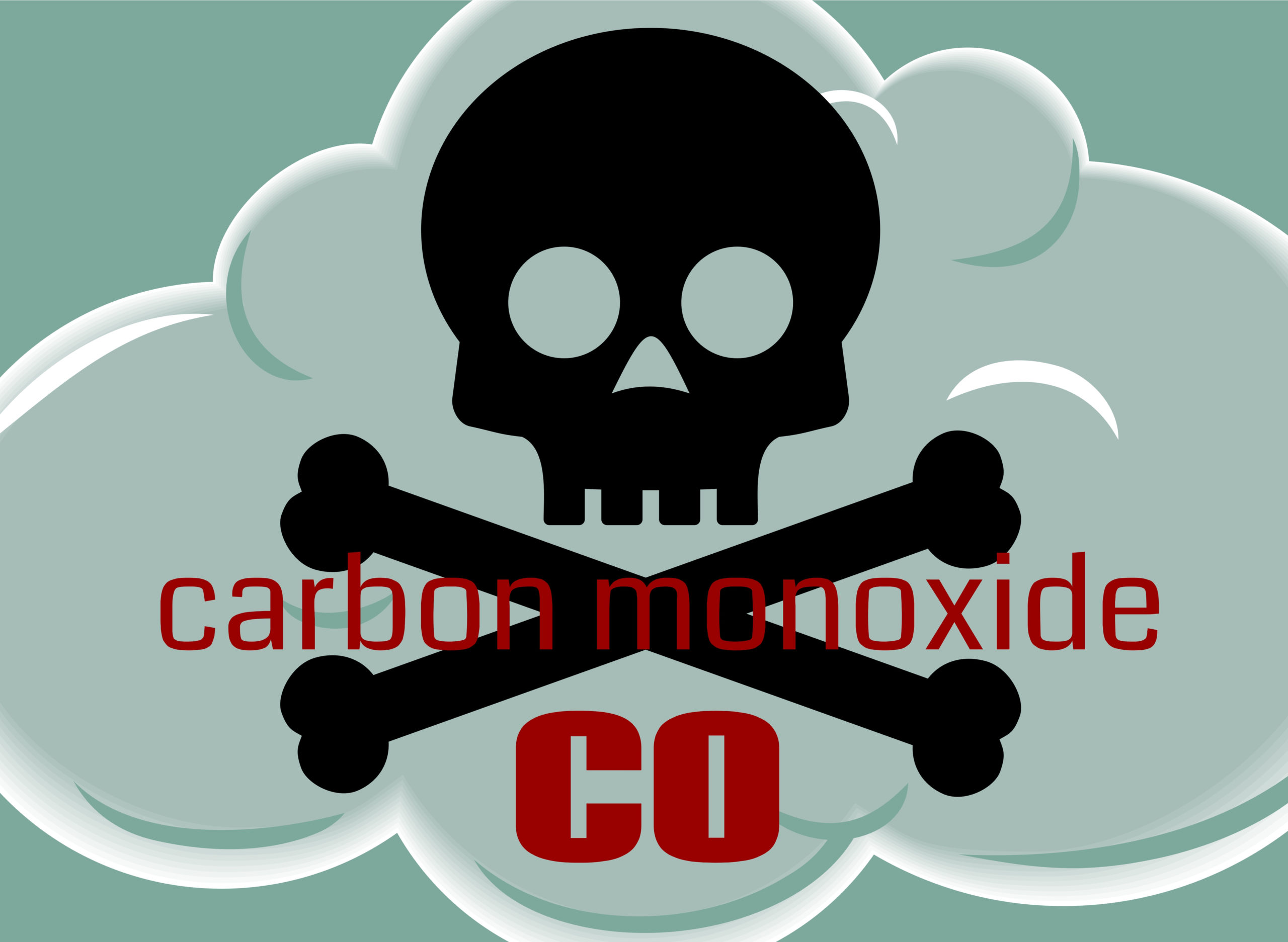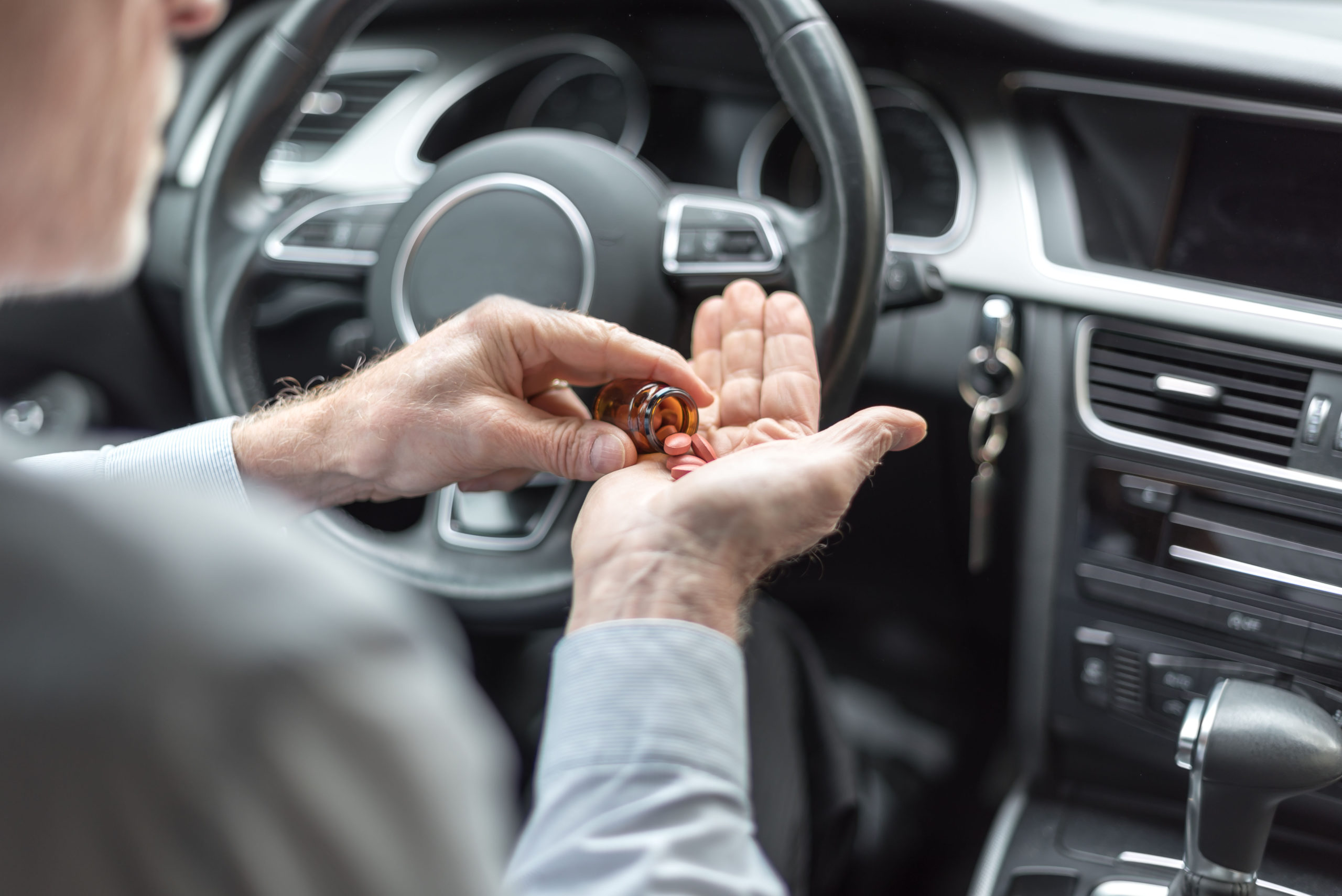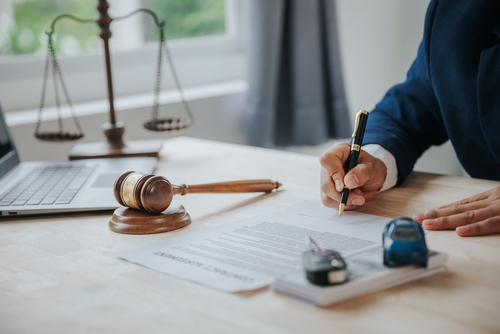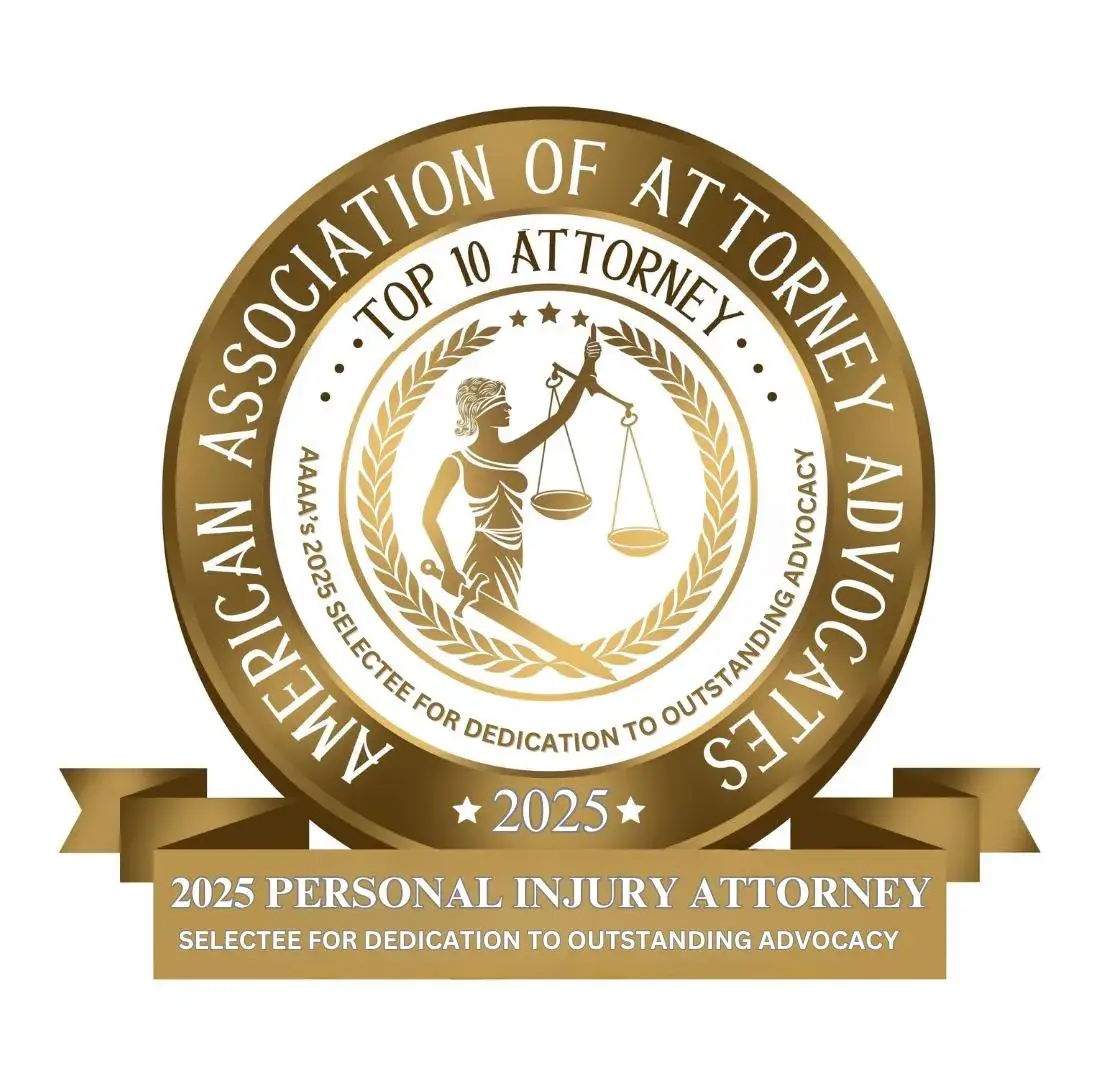
The Silent Danger in Your Tent: Holding Negligent Parties Accountable for Carbon Monoxide Poisoning
Carbon monoxide poisoning from camping equipment creates unique legal liability. Multiple parties might be held responsible under different areas of New Jersey law. Since recent years, at least 12 deaths have been linked to carbon monoxide from camping equipment, with the U.S. Consumer Product Safety Commission identifying portable heaters, grills, and stoves as primary sources of this “invisible killer.”
Carbon monoxide poisoning cases involve complex evidence preservation and aggressive corporate defense strategies that begin immediately after the incident. Early symptoms could be easily mistaken for the flu or altitude sickness and by the time a person realizes they are in danger, serious injury or death may have already occurred.
For a free and confidential discussion about your situation, call Maggiano, DiGirolamo & Lizzi, P.C. at (201) 585-9111.
Table of contents
- How a Relaxing Trip Turns Dangerous: The Source of CO Poisoning
- Who Could Be Held Liable?
- Why Carbon Monoxide Is So Dangerous
- Federal Warnings and Recalls on Camping Equipment
- The Deadlines That Govern Your Claim
- What Does It Take to Prove a Carbon Monoxide Case?
- What Compensation Can Be Pursued?
- How Manufacturers and Insurance Companies Respond
- FAQ for Camping Carbon Monoxide Poisoning
- Securing Accountability After a Preventable Tragedy
How a Relaxing Trip Turns Dangerous: The Source of CO Poisoning
Any camping equipment that burns fuel to produce heat or light, such as propane heaters, charcoal grills, and gas lanterns, also produces carbon monoxide gas. In an open area, the gas dissipates harmlessly. The danger is magnified in enclosed spaces like tents, cabins, or RVs, where the gas quickly builds up, replacing breathable air.
Who Could Be Held Liable?
The Product Manufacturer (Product Liability)
A company that designs, makes, or sells a dangerous product may be held responsible for the injuries it causes. This is a legal area known as product liability. Examples of defects that could lead to a camping equipment safety issue include:
- A heater manufactured without a low-oxygen sensor
- A stove with a defective fuel line that leaks
- A lantern sold with completely inadequate warning labels about indoor use.
In many cases, New Jersey law applies a concept called strict liability. This means a manufacturer can be held responsible for harm caused by a faulty product, even if they weren’t necessarily careless in producing it. If the product was defective when it left their control and that defect caused your injury, they could still be held liable.
The Campground or Property Owner (Premises Liability)
Owners of private campgrounds, rental cabins, or RV parks have a legal duty to maintain a reasonably safe environment for their guests. This principle is known as premises liability. This means they must take steps to protect visitors from dangers on their property that they know about or should reasonably know about.
For instance, if a campground owner knows that renters frequently use charcoal grills on enclosed cabin porches despite the danger, they may have a duty to post clear warnings or prohibit the practice. Likewise, renting out an RV with a known or easily discoverable leaking exhaust system could be a clear failure of this duty.
Rental Companies
If the camping equipment or RV was rented, the rental agency has a responsibility to provide products that are safe and in good working order. They must properly inspect and maintain their inventory. Renting out a faulty heater or a camper with a malfunctioning appliance could make the rental company liable for any resulting harm.
Why Carbon Monoxide Is So Dangerous
It’s not so much the carbon monoxide itself; but rather, the fact that it replaces the oxygen your body needs without any clear warning signs. You can’t see it, smell it, or taste it—but as it builds up in an enclosed space, it silently pushes out breathable air.
The initial symptoms of carbon monoxide poisoning are dangerously deceptive. They often present as a headache, nausea, dizziness, and weakness which could be easily dismissed as the flu, food poisoning, or just fatigue from outdoor activities. However, as exposure continues, the damage becomes far more severe and permanent.
The result is cellular suffocation. By the time symptoms appear, damage is already underway. This could lead to a range of devastating long-term consequences, including:
- Cognitive Deficits: The injury can leave behind a constant mental fog, causing persistent problems with memory, concentration, and executive function.
- Personality Changes: Survivors sometimes experience significant shifts in personality, including irritability or depression.
- Movement Disorders: Damage to the brain could result in problems with balance, coordination, and tremors, similar to Parkinson’s disease.
- Cardiac Damage: The heart, starved of oxygen, suffers lasting damage, leading to an increased risk of heart abnormalities.
Federal Warnings and Recalls on Camping Equipment
Carbon monoxide poisoning from camping appliances is a known and documented hazard. Over the years, federal agencies and manufacturers have issued dozens of recalls and safety warnings related to portable heaters, stoves, and lanterns that emit unsafe levels of carbon monoxide or lack critical safety features.
CPSC Recalls: Repeated Failures in Camping Products
The U.S. Consumer Product Safety Commission (CPSC) has recalled more than 60 different portable heating and cooking products due to carbon monoxide risks in the last two decades. These recalls include:
- Mr. Heater “Big Buddy” Portable Heaters – Multiple incidents reported where users were exposed to carbon monoxide due to improper indoor use and lack of adequate oxygen depletion sensors. Although not recalled, the manufacturer and CPSC have issued warnings about indoor use risks.
- Olympian Wave Catalytic Heaters (Camco) – In 2002, the CPSC issued a recall for these propane heaters because they posed a fire hazard and could emit carbon monoxide if used improperly.
- Grills and Stoves from various manufacturers, such as those using pressurized propane or butane tanks, have also been subject to recalls due to gas leaks that increase the risk of CO exposure in enclosed areas. For example, the GSI Outdoors Pinnacle Stoves were recalled for gas flow irregularities.
You can search the full database of product recalls by visiting the CPSC’s official site: CPSC Recalls Database
Warning Labels and Voluntary Standards
Many camping heaters and stoves are sold with small, vague, or insufficient warning labels. In some cases, the label does not clearly warn users about the lethal danger of using the product inside a tent or enclosed vehicle.
The American National Standards Institute (ANSI) and the Canadian Standards Association (CSA) jointly publish safety standards for these products, such as:
- ANSI Z21.63 / CSA 11.3 – Standard for Outdoor Infrared Patio Heaters
- ANSI Z21.72 / CSA 11.2 – Standard for Portable Type Gas Camp Heaters
These standards include requirements for:
- Oxygen depletion sensors (ODS)
- Warning labels about indoor use
- Auto-shutoff systems when tipped or oxygen levels drop
With lives on the line, you’d think these would be strict guidelines. But that’s not the case—compliance with ANSI/CSA standards is voluntary, not mandatory under federal law. That means a company can legally sell a product that lacks these life-saving features unless a recall is issued post-sale. This legal gap sometimes forms the basis of a product liability lawsuit.
Why This Matters for Your Claim
The fact that manufacturers continue to sell products that lack CO sensors, include weak or ambiguous warnings, or fail to comply with ANSI/CSA safety standards can be powerful evidence in a lawsuit. When a product doesn’t meet modern safety expectations—even if not outright recalled—it may still be considered defective under New Jersey’s strict liability law.
The Deadlines That Govern Your Claim
In New Jersey, the law sets a strict deadline for filing a personal injury lawsuit. This is known as the statute of limitations. For most personal injury claims, you have two years from the date of the injury to file a lawsuit, as outlined in N.J.S.A. § 2A:14-2.
Once it passes, the ability to seek justice is typically lost forever. While two years may sound like a long time, your practical deadlines are actually much sooner. Evidence degrades quickly, so sooner you act, the stronger your case likely will be.
Our firm acts immediately to preserve this time-sensitive evidence. We take steps to secure the product itself, document the scene with photographs, and interview witnesses while their recollections are still fresh.
What Does It Take to Prove a Carbon Monoxide Case?
Our job is to build a case so strong that the manufacturer, property owner, or their insurance company understands their responsibility. To do this, we must prove they were negligent.
Negligence is a failure to act with the level of care that a reasonably prudent person or company would have used under similar circumstances. We must show that they had a responsibility to keep you safe, they failed in that duty, and you were harmed as a direct result.
The building blocks of a successful claim include:
- The Product Itself: This is the single most important piece of evidence. We work to secure the product before it can be altered or destroyed so our experts are able to examine it for defects.
- Medical Documentation: Your medical records create a clear and undeniable picture of the poisoning, the treatments required, and the long-term prognosis.
- Expert Analysis: We regularly consult with highly qualified engineers who pinpoint a product’s design or manufacturing defect. We also work with medical specialists who will explain the full scope of your injuries to an insurance company or a jury.
- Scene Investigation: Documenting the environment where the poisoning happened, such as the size of the tent, the ventilation available, and the placement of the equipment help show how the incident occurred.
What Compensation Can Be Pursued?
Fair compensation provided the financial resources necessary for your family to cope with the consequences and move forward. In New Jersey, you could pursue compensation for both the tangible and intangible costs of your injury.
Economic Damages (The Tangible Costs)
- Past and Future Medical Bills: This includes everything from the initial emergency room visit and hospitalization to ongoing needs like physical therapy, neurological care, and prescription medications.
- Lost Income and Earning Capacity: This covers the paychecks you have already missed and, if your ability to work has been permanently affected, the income you will not be able to earn in the future.
Non-Economic Damages (The Human Cost)
- Pain and Suffering: Compensation for the physical pain, emotional distress, and mental anguish you have endured.
- Loss of Enjoyment of Life: For the ways the injury has rewritten every aspect of your daily life, from your ability to enjoy hobbies to your relationships with loved ones.
Wrongful Death Claims
If the poisoning resulted in a loss of life, the victim’s family has the right to file a wrongful death claim. This would help cover funeral and burial expenses, the loss of the deceased’s financial support, and the profound loss of their guidance, care, and companionship.
How Manufacturers and Insurance Companies Respond
When faced with a claim, large corporations and their insurance carriers tend to have strategies to minimize what they have to pay. They may suggest that you misused the product, even if the instructions were unclear or the design itself was unsafe.
Their lawyers are aware that delaying the process puts immense financial and emotional pressure on families. They may try to drag things out until the pressure persuades you to accept a settlement that is far less than you deserve.
FAQ for Camping Carbon Monoxide Poisoning
What if we don't have the camping heater or stove anymore?
While the product itself is the best evidence, a case may still be possible without it. We may sometimes use evidence like purchase records, photographs, witness testimony, and exemplar models (the same model of the product) to build your case. It is important to contact an attorney right away to discuss what options may be available.
I was poisoned at a campground in Palisades Interstate Park. Can I sue a government entity?
Suing a public entity in New Jersey involves a different, much stricter set of rules under the New Jersey Tort Claims Act. You must file a formal “Notice of Claim” within just 90 days of the injury. Failure to meet this short deadline will permanently bar you from seeking compensation. If you believe a government entity is responsible for your injury, it is critical to speak with an attorney immediately.
I’m from another state. Can I still file a claim in New Jersey?
Yes. If the poisoning occurred in New Jersey—regardless of your home state—New Jersey law governs the incident. You may still be able to file a claim, but your legal rights and deadlines will be based on NJ law. We can represent you even if you don’t live here.
My doctor initially said I just had the flu. Does that hurt my case?
No, this is very common. The early symptoms of carbon monoxide poisoning are notoriously similar to the flu. The fact that a medical professional initially made this mistake illustrates how subtle and dangerous this type of poisoning is. Your subsequent medical records, which confirm the carbon monoxide poisoning diagnosis, will be the key evidence.
The equipment had a small warning sticker on it. Does that clear the manufacturer of responsibility?
Not necessarily. A warning must be adequate. If a warning label is too small, unclear, poorly placed, or doesn’t sufficiently explain the severe risk of death from indoor use, it may be legally inadequate. A manufacturer cannot escape liability simply by placing a tiny, vague sticker on a dangerously defective product.
I live in Fort Lee and my family primarily speaks Korean. Is your firm able to communicate with us effectively?
Yes. At Maggiano, DiGirolamo & Lizzi, P.C., we are committed to serving all members of our diverse communities, including our Korean-speaking neighbors in Fort Lee, Palisades Park, and beyond. We ensure that you can communicate with us in the language you are most comfortable with, and we will make sure you understand every step of the legal process.
Securing Accountability After a Preventable Tragedy
Any failure of safety demands accountability.
Let us help you find answers and secure the resources your family needs to move forward. Call Maggiano, DiGirolamo & Lizzi, P.C. now at (201) 585-9111 for a free consultation with a personal injury lawyer.



















